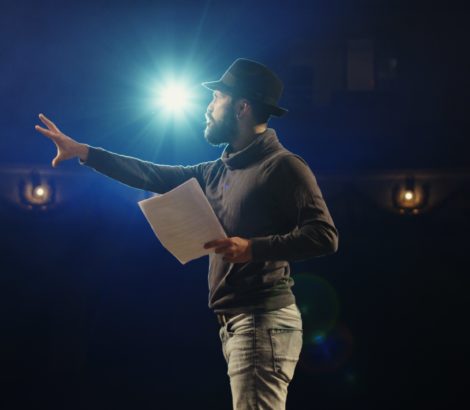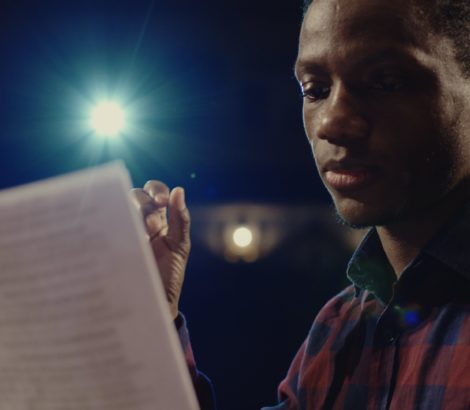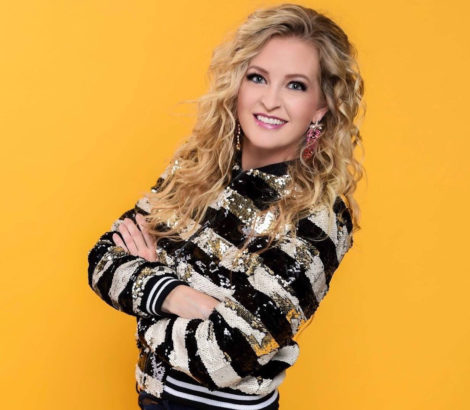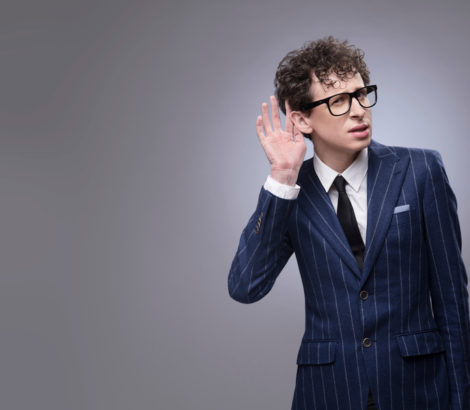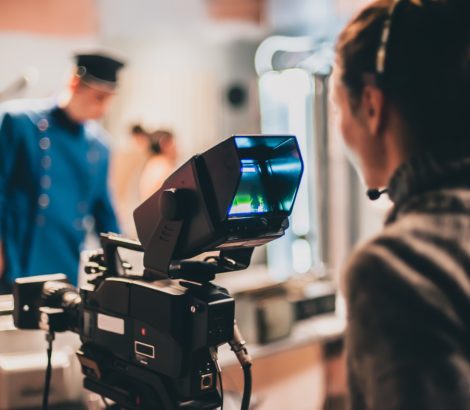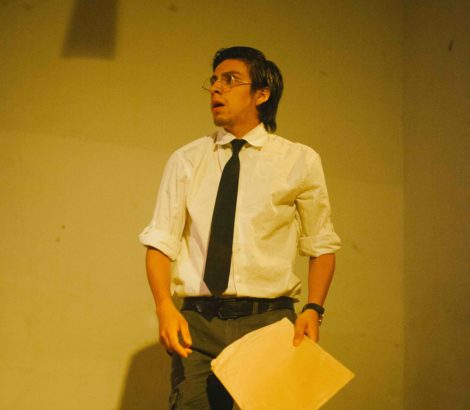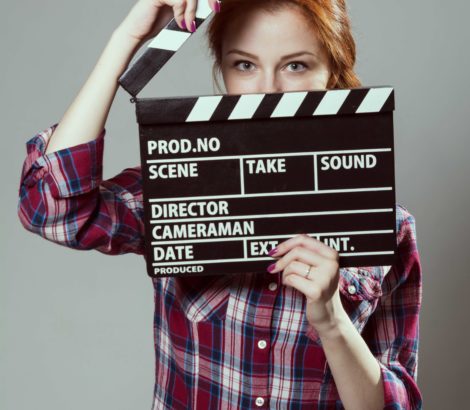One of the most important elements of an audition is the thing I see most often overlooked by actors – the opening moment. If you want to know how to stand out in your audition, don’t skip this crucial part of the process.
Every story has a beginning, middle and end; every scene should have that, too. That means that you need to find the beginning, middle, and end in your sides for auditions. If you want to stand out in your audition, aim to show the casting director a little play. Take them on a ride. Where does the ride start? You have to make that choice.
The scene does not begin when the first line of dialogue is spoken. The scene begins with whatever is happening that makes the character say that first line of dialogue. If you have the first line of dialogue in the scene – fantastic! Take your time setting up the scene with your behavior and emotional life before you say that line. Don’t be indulgent about it, but don’t feel like you have to immediately get to the dialogue. After being on the other side of the audition desk, I can say with certainty that having a strong opening moment before you speak a word is one surefire way to stand out in the audition room.
The scene does not begin when the first line of dialogue is spoken. The scene begins with whatever is happening that makes the character say that first line of dialogue.
The opening moment will ground you into your character’s emotional life at the beginning of the scene. That is probably determined by a combination of your character’s intention in the scene, and the moments leading up to when the scene begins, including your character’s thinking process and emotional life. You have to be coming from a place (physically and emotionally) and then take us on a ride from that starting point.
Here are some questions you can ask yourself about the scene and characters to help you find your opening moment.
- Where am I physically coming from? Did you just arrive somewhere? How did you feel on the drive over? Have you been waiting for someone? Were you expecting this interaction to take place or were you on your way to somewhere and didn’t anticipate this conversation?
- Where is the scene literally taking place? Are you in a public place? Private home? Our setting can influence the way we behave so don’t forget to take that into consideration. It’s your job to set up the scene in those opening moments so take a beat to establish where you are so casting can be right there with you.
- How am I feeling before the scene starts? Remember your job is to know what the character knows when the scene begins and then really listen to what new information is revealed, and behave accordingly. Don’t anticipate what happens in the scene. If the middle of the scene is about your character getting bad news, your character might be in a great mood at the top of the scene, not anticipating what is coming. Don’t play the end of the scene!
- How do I feel about the other character(s)? Are you happy to see them? Are you dreading this conversation? Do you have something that is difficult to say so you may be feeling hesitant? Is this a person you know or someone you’re meeting for the first time? What did you expect them to look/behave like? (Hint: probably differently than what they do look/behave like! – take that in!) Make sure you cast all the other character’s in the imaginary world.
- What am I expecting to happen? You should always expect something a little or a lot different than what happens, because that’s how life is, right?! Set yourself up to discover! If you’re expecting a proposal and then we have to watch you live through a break-up that’s going to be so much more compelling! Be careful not to make choices out of context of the script. Story is the most important and your job is to tell the story the writer intends to tell.
- What do I want and what are the consequences if I don’t get what I want? Obviously, you must know your character’s intention in the scene. Make sure you’ve also explored what happens if things don’t go your character’s way! High stakes!
Give yourself permission to take a beat or two before that first line to live in an emotional state, and to behave accordingly, given the setting, mood, relationship, intention and expectations. Don’t feel like you have to rush it. Just give yourself that time to get grounded in the imaginary circumstances so when you do say your first line, it’s coming from a truthful place within the character. Sometimes all of that work just gives a subtle adjustment to how you start the scene, but it will make a huge difference in your overall read, and will definitely make your audition stand out.
Questions for the coach? Drop them below!


